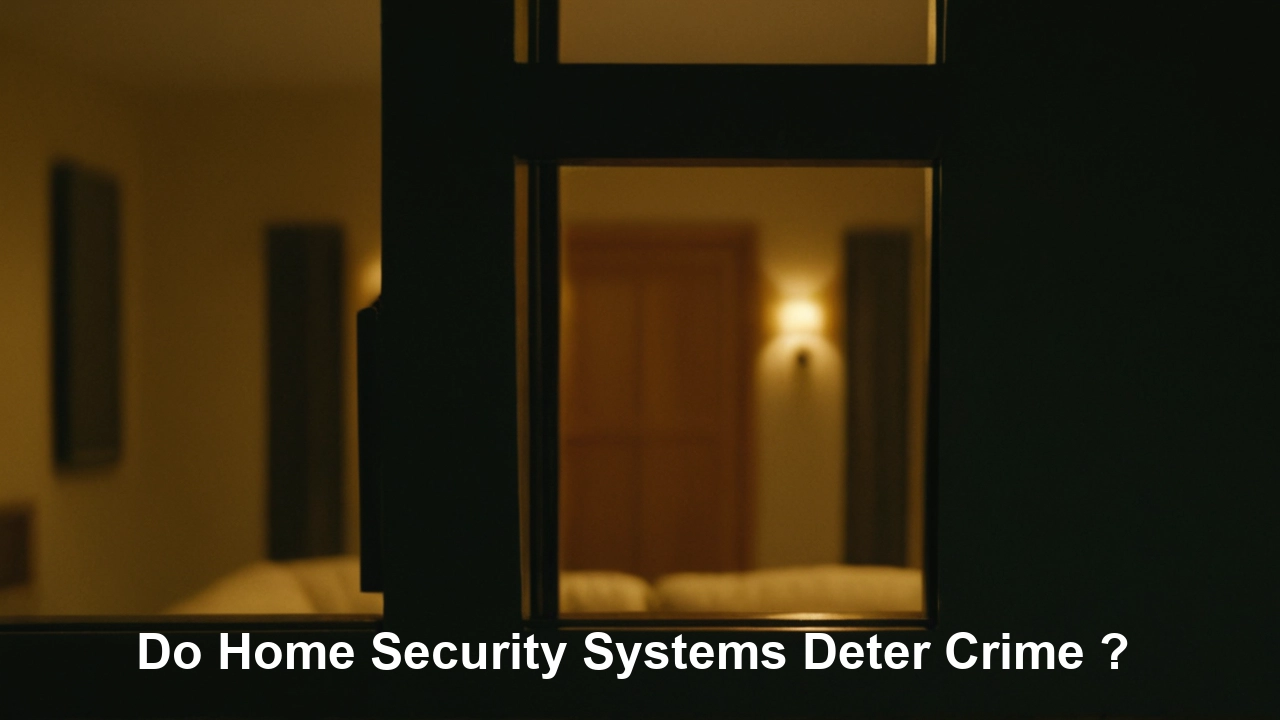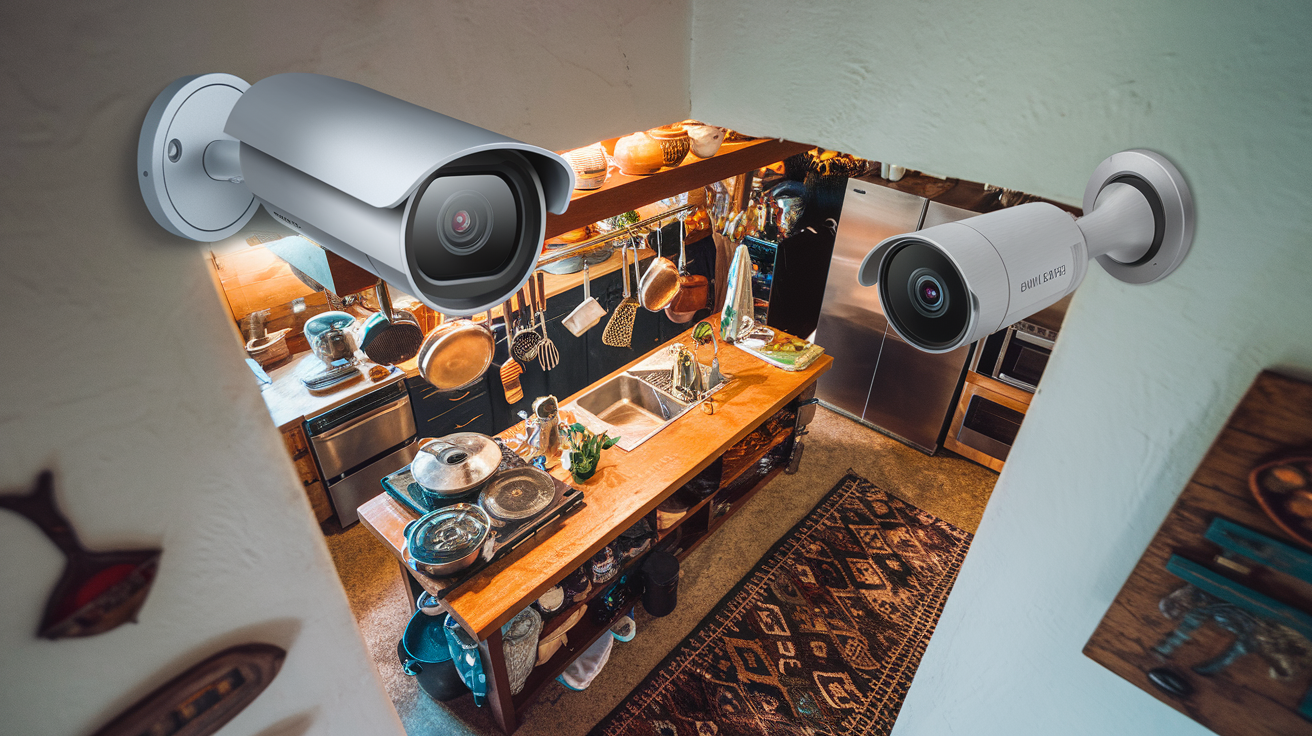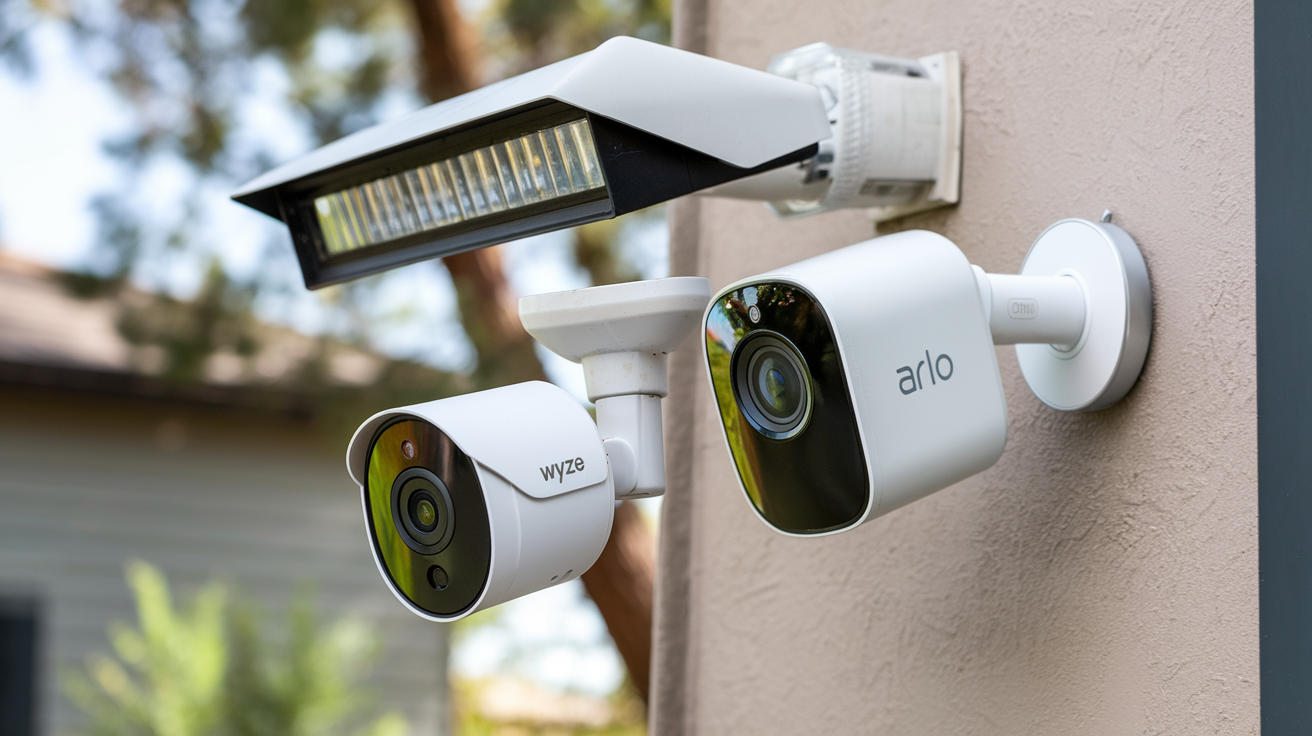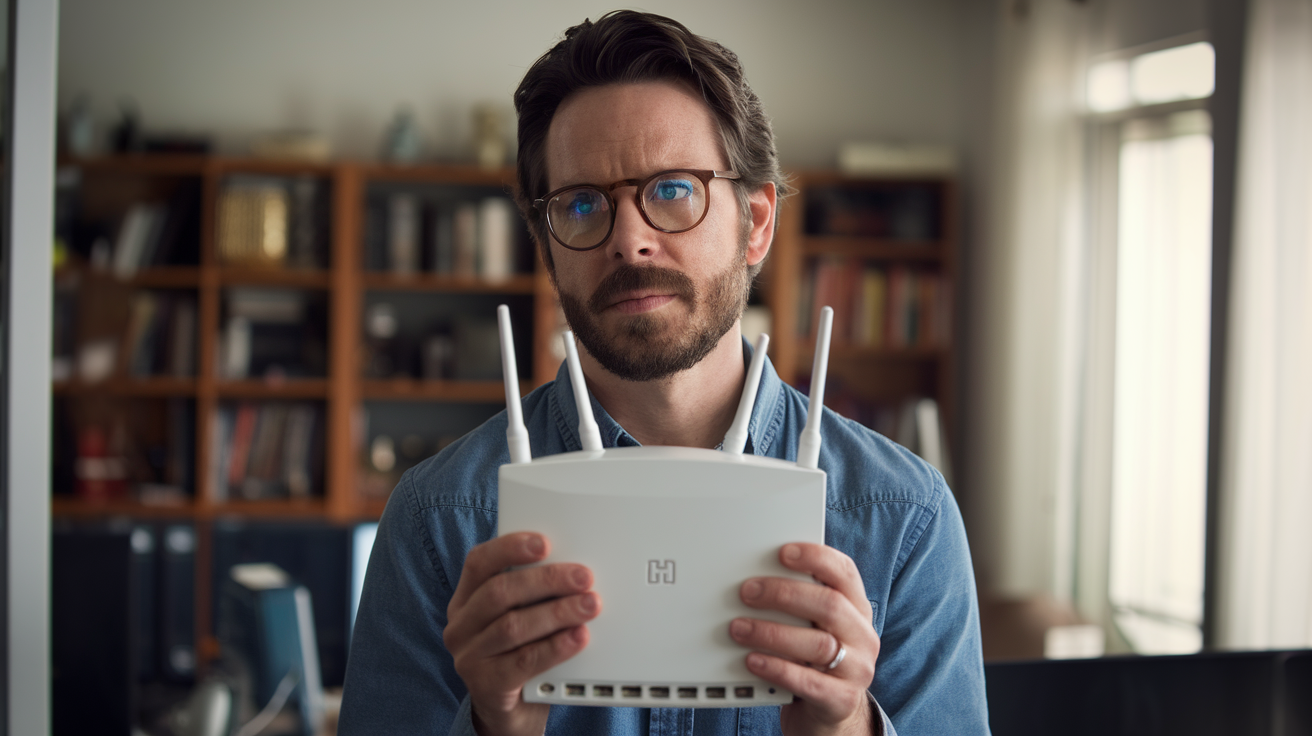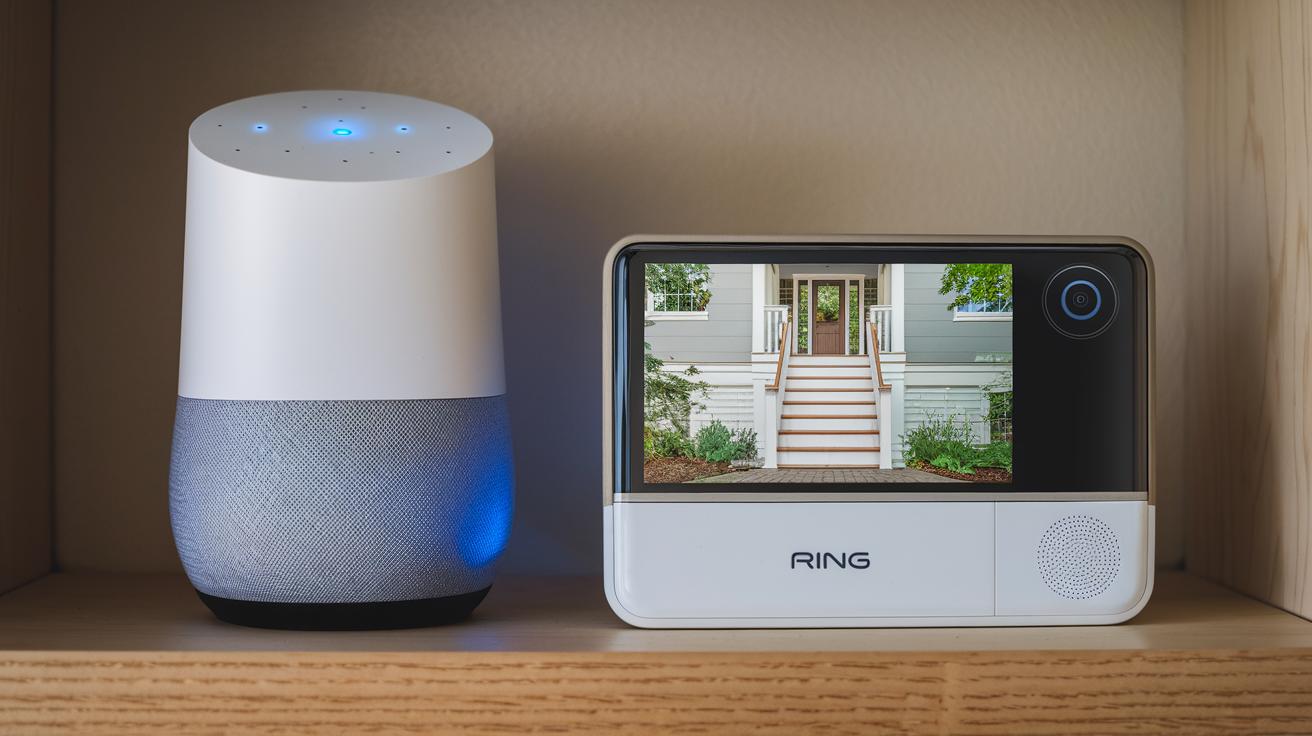For households all around, home security is the first priority. As technology advances, home security systems now take the stage and provide far more options for protecting one's residence. The basic question still stands: Are home security systems only a mirage of safety, or do they really discourage crime? This thorough investigation probes how well contemporary home security systems stop illegal activity.
Understanding the Psychology of Criminals:
First, one should understand the mentality of criminals before investigating the effectiveness of house security devices. Usually looking for simple targets, criminals choose sites with little likelihood of being discovered and a minimum of resistance. A visible security system raises a degree of risk and serves as a deterrent by making the successful criminal execution seem more difficult.
Visible Deterrence:
One of the key advantages of home security systems is clearly their deterring action. Targeting a house with obvious security features like motion sensors, cameras, and alarms is less likely for burglars and attackers. These components not only raise the likelihood of probable offenders but also serve as a warning sign suggesting ongoing property monitoring.
Modern Surveillance Technology:
The evolution of surveillance technology has changed domestic security. These days, modern security systems include motion sensors, real-time monitoring, night vision, and high-density cameras. The very presence of these sophisticated technologies can deter criminals since their activities are more likely to be observed and reported for.
Alarm Systems and Quick Response:
Passive deterrents are only one aspect of home security systems; they also include active devices like alarms. Alarms triggered notify monitoring systems as well as homeowners. Apart from terrifying invaders, the loud siren draws neighbors, thereby raising the likelihood of someone interfering or contacting the authorities about the matter. This quick reaction can revolutionize the prevention of crime escalation.
Statistical Evidence:
Many studies have looked at how crime rates and home security systems relate. Most of this research shows that residences with obvious security systems have far less chance of burglary and break-ins. Although statistical data differs, there is a general tendency whereby the existence of a home security system discourages criminal action by lowering the risk.
Community Impact:
Apart from personal residences, the general acceptance of home security systems can help the whole society. Criminals are more likely to avoid areas where a lot of homes include obvious security features as their danger of being caught rises greatly. This group approach to security helps to produce safer living surroundings.
Smart Home Integration:
The development of smart home technologies has enhanced the powers of security systems. Integration with cell phones enables homeowners to remotely monitor their residences, receive real-time alerts, and manage multiple security systems. Knowing they can always be in touch with their houses, this connectivity not only improves the efficiency of security systems but also gives residents peace of mind.
Psychological Impact on Residents:
Home security systems affect not only possible offenders but also psychological effects on homeowners. Knowing that their houses feature sophisticated security systems helps to reduce anxiety and fear, therefore creating a sense of safety. This psychological comfort adds to a better and safer place of residence.
Limitations and Considerations:
Even if home security systems have many benefits, it's important to recognize their limitations. The degree of utility of these systems is defined by correct installation, maintenance, and user adherence. Furthermore, extremely motivated and competent thieves could find means to bypass some security systems. Still, these incidents are somewhat rare when compared to the general good influence of home security systems.
Cost-Benefit Analysis:
Usually, a cost-benefit analysis determines the choice to buy a home security system. Although these systems have an initial outlay, the possible expenses of a burglary—in terms of property damage and emotional suffering—can much exceed the upfront price. Many homeowners see the installation of a security system as a reasonable expenditure in the protection of their families.
Conclusion:
In conclusion, home security systems play a crucial role in deterring crime and enhancing the safety of residential properties. The visible presence of surveillance cameras, motion sensors, and alarm systems creates a formidable barrier for potential criminals. Technological advancements, coupled with quick response mechanisms, contribute to making these systems increasingly effective.
While no security system can guarantee absolute protection, the evidence suggests that homes equipped with modern security solutions are less likely to become targets for criminal activity. As technology continues to advance, the integration of smart home features and improved user interfaces will further enhance the effectiveness of home security systems, providing homeowners with greater control and peace of mind. Ultimately, investing in a robust home security system is a proactive step toward creating a secure and resilient living environment in an ever-evolving world.
Call (888) 805-5456 for an advanced home security system now!
FAQ's
Q. Do home security systems deter burglars?
A. Yes, studies and surveys consistently show that homes equipped with security systems are less likely to be targeted by burglars. Visible security measures, like alarms and cameras, serve as deterrents, making criminals reconsider their intentions before attempting a break-in.
Q. How do home security systems deter crime?
A. Home security systems deter crime by creating a visible and audible deterrent. Alarm systems, surveillance cameras, and signs indicating the presence of security measures send a message to potential intruders that the property is protected, making them more likely to choose an easier target.
Q. Are monitored security systems more effective in deterring crime?
A. Monitored security systems, which are connected to a professional monitoring service, can be more effective in deterring crime. In the event of a security breach, the monitoring service can quickly respond, contacting law enforcement or emergency services, adding an extra layer of protection.
Q. Are visible security cameras alone effective in deterring crime?
A. Yes, visible security cameras alone can be effective deterrents. The presence of cameras is often enough to discourage criminals, as they know their actions could be recorded and used as evidence. However, combining cameras with other security measures enhances overall effectiveness.
Q. Do security system signs and stickers contribute to deterrence?
A. Yes, displaying signs and stickers indicating that a home is protected by a security system can contribute significantly to deterrence. Even without a visible system, these indicators suggest to potential criminals that the risk of getting caught is higher, leading them to reconsider targeting the property.
Q. Are certain types of security systems more effective in deterring crime?
A. The effectiveness of a security system depends on various factors, including its visibility, reliability, and the integration of different components. Systems with visible alarms, cameras, and monitoring services tend to be more effective in deterring crime compared to less noticeable or unreliable setups.
